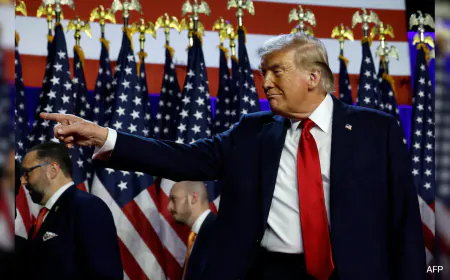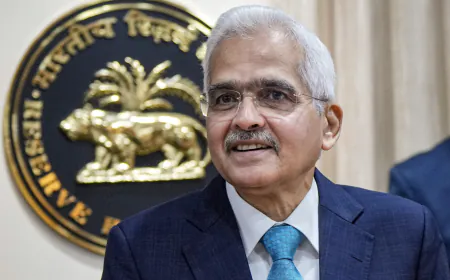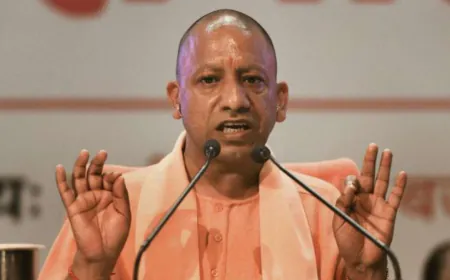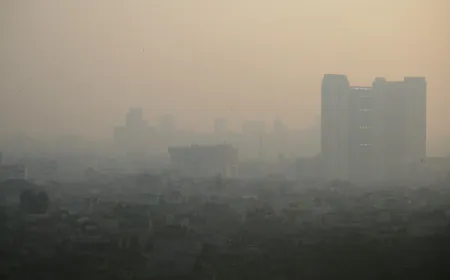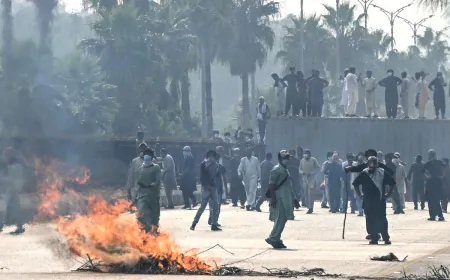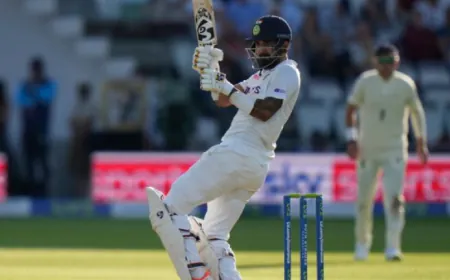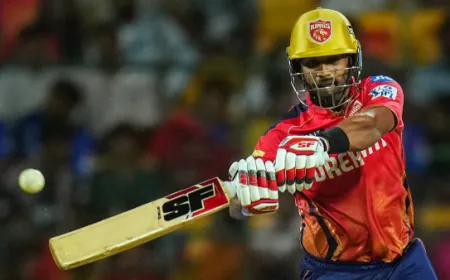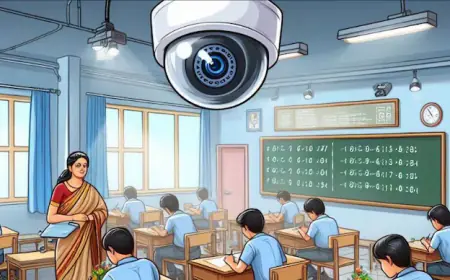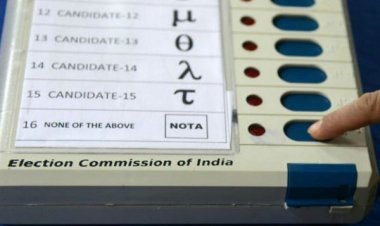China is rapidly increasing the number of nuclear weapons, increased in one year; SIPRI said – the consequences can be dangerous
SIPRI has warned about nuclear weapons. SIPRI said that nuclear weapons have increased in the world in the last year. He said that increasing the number of nuclear weapons could have dangerous consequences.
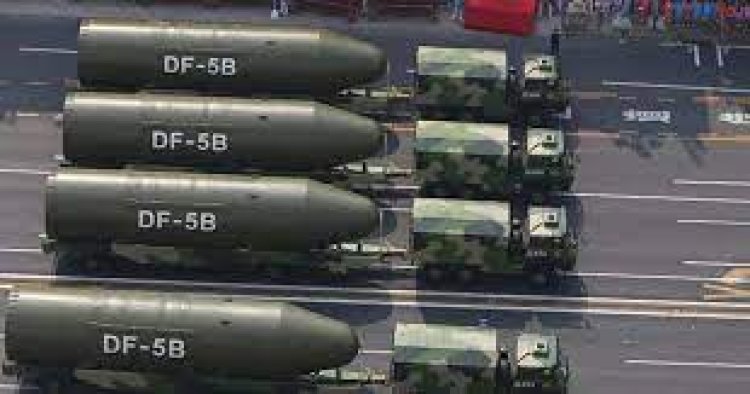
Amid tensions on the border, China has made a big increase in its stock of nuclear weapons in the last year. In the latest report of the Stockholm International Peace Research Institute (SIPRI), an organization that monitors nuclear weapons, it has been said that China has developed 60 new nuclear weapons in the last year.
The report, while assessing the global situation, says that in the year 2022, all nine countries with nuclear power are engaged in making their nuclear arsenal powerful and modern, including Pakistan. These countries are America, Russia, the United Kingdom, France, China, India, Pakistan, North Korea, and Israel. Several countries have deployed new nuclear-capable weapon systems.
Amid fears of World War III due to the Russia-Ukraine conflict, SIPRI director Dan Smith has said that we are heading towards the most dangerous time in human history.
The Sipri report states that in January 2022, China had 350 nuclear weapons, which increased to 410 in January 2023. The apprehension of China continuously developing its nuclear power has also been expressed. Sipri says that by the end of this decade, China can develop an equal number of Inter Continental Ballistic Missiles (ICBMs) of America or Russia.
The report also talks about the increase in their nuclear weapons by India and Pakistan. According to this, even though Pakistan is a major point of concern in terms of nuclear weapons, India now seems to be focusing on developing long-range missiles that can reach China.
According to SIPRI, the number of nuclear weapons deployed for military use in the world has increased by 86 in the last year. The Russia-Ukraine conflict has adversely affected nuclear arms control and disarmament diplomacy in the world.
There has been a decrease in transparency regarding nuclear weapons between Russia and the US. The US suspended bilateral strategic stability talks with Russia after Russia refused to participate in the START nuclear deal in February. Under START, nuclear weapons are inspected and information is exchanged on ICBMs and submarine missiles.
It was signed in 2010 by then-US President Barack Obama and his Russian counterpart Dmitry Medvedev. However, by January 2023, the deployment of nuclear weapons by both countries was within the limits set by START.
Russia and the United States together account for about 90 percent of all nuclear weapons, but the think tank said the size of their respective arsenals would remain relatively stable in 2022. Overall, there has been a decline in the number of nuclear weapons in the world.
